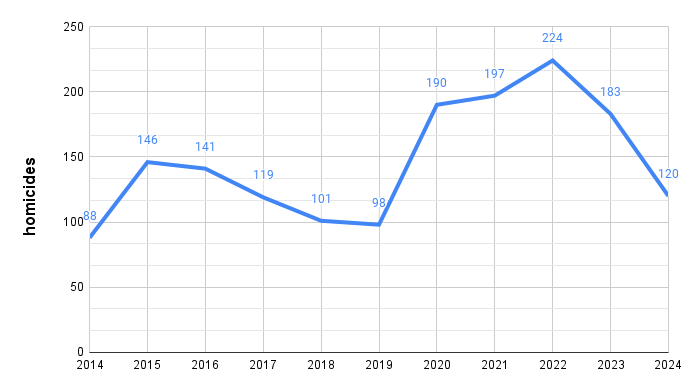Three experts weigh in.

By Peter Cameron, THE BADGER PROJECT
Before the Wisconsin Presidential Primary Election in early April, Sen. Bernie Sanders’ presidential campaign was limping badly. He had fallen well behind former Vice President Joe Biden, and Democrats were cranking their calls for him to drop out up to 11. But Sanders had scored a thumping victory in the 2016 Wisconsin Presidential Primary over Hillary Clinton, so the campaign wasn’t crazy to try their luck again. Yet after the election in the state this month, Sanders didn’t even bother waiting for the results, announcing he was ending his campaign the next day. Odd considering the coronavirus pandemic meant the results wouldn’t be released for nearly a week.
On the same ballot in a much more tightly-contested election, Dane County Judge Jill Karofsky, the liberal-backed candidate, was facing incumbent and conservative-backed Wisconsin Supreme Court Justice Dan Kelly to take a seat on the high court. Karofsky won 55 percent to 45 percent, an especially huge gap in a state used to elections decided by wax paper-thin margins.
Biden continued his domination in the primaries, winning 63 percent of the vote in Wisconsin. But Sanders with his loyal following still earned nearly 300,000 votes. Karofsky’s margin of victory was about 163,000 votes.
Did Sanders stay in a race to drive liberal turnout for Karosky and other down-ballot liberal candidates? And did his presence push her over the top? The campaign’s press office did not respond to messages. Instead, three experts on politics in Wisconsin give their thoughts.
Barry Burden, political science professor at UW-Madison

(Photo by Bryce Richter)
“In retrospect it seems completely plausible that Sanders hung on until the Wisconsin primary in part to help liberals win a seat on the Supreme Court. He did not actively campaign and refrained from encouraging supporters to vote on election day, but his mere presence as an active candidate would have brought out more progressive voters devoted to his cause. In a state where elections are often divided so narrowly, a bump from Sanders supporters could make the difference in the outcome.”
Burden is also the director of the Elections Research Center and the Lyons Family Chair in Electoral Politics at UW-Madison.
Joe Heim, professor emeritus of political science at UW-La Crosse

“It is certainly possible. And this might explain why he did not even wait for the results of the (Wisconsin) primary to cease his campaign. That surprised me… the timing of his announcement.”
Heim is also UW-La Crosse’s legislative liaison.
Ed Miller, professor emeritus of political science at UW-Stevens Point

“I doubt it. He may have wanted to see how well he did in (Wisconsin), before making the final decision, (because) he did well (here) in 2016.
“The only argument he stayed in for the Supreme Court race is his position after 2016: that it was important for Democrats to organize and run strong candidates for state and local races, down to school board… In that (the) Wisconsin primary was not changed, there was little incentive to announce that he was suspending his campaign before. With the other state primaries delayed and (Sanders) not able to do rallies, he decided he couldn’t win and he was being pressured to suspend his campaign by other Democrats.”
Miller is also the founder and co-director of the Center for the Small City, and a Eugene Katz Letters and Science Distinguished Faculty Member at UW-Stevens Point.
ABOUT THE WRITER: Peter Cameron is the managing editor of The Badger Project, a nonpartisan, reader-funded investigative journalism nonprofit in Wisconsin. He can be reached at pcameron@thebadgerproject.org.
Categories: News Blog





